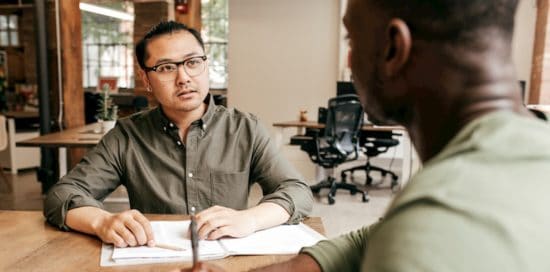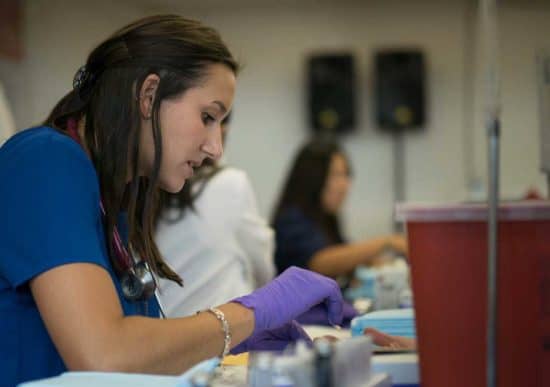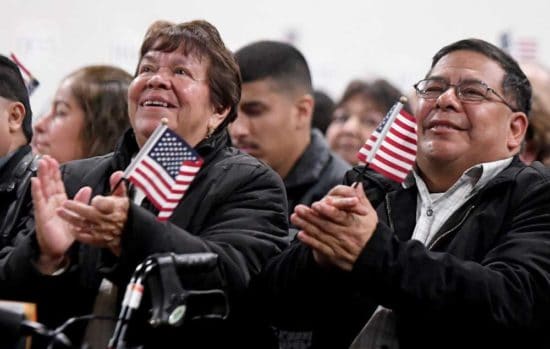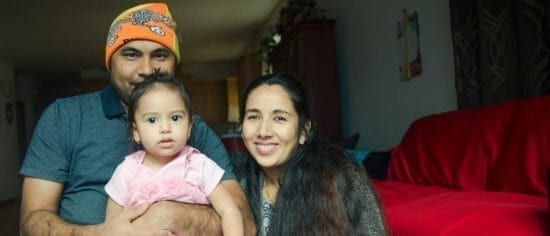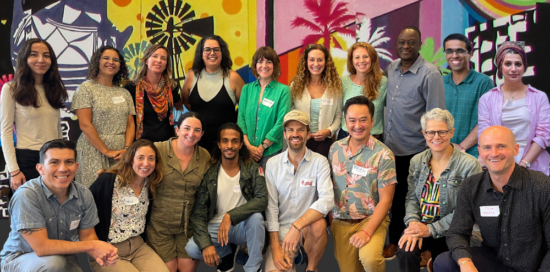موندل. زده کول. بریالي کېدل.
هغه معلومات چې کډوالې ټولنې پرې تکیه کوي.
په وړیا انلاین ټولګي کې برخه واخلئ
هرځای زده کړه وکړئ
په خپل تلیفون یا کمپیوټر کې زده کړه وکړئ. هر چېرې چې یاست، او هر وخت زده کړه وکړئ.
کارول يې اسانه دي
د خپلې خوښې سره سم پر مخ ولاړ شئ. په خپله خوښه څومره ځله چې غواړئ درسونه ولولئ او په ازموينو کې ګډون وکړئ.
دا ستاسو لپاره جوړ شوی دی
زموږ ټولګي د انګلیسي ژبې زده کوونکو لپاره جوړ شوي وو.
د GED® ټولګې
د خپل GED® دیپلوم لپاره انلاین مطالعه وکړئ. د لیسې د شهادتنامې په درلودلو سره، تاسو کولی شئ کالج ته ولاړ شئ یا ښه دنده ترلاسه کړئ.
په ټولګي کې ګډون وکړئ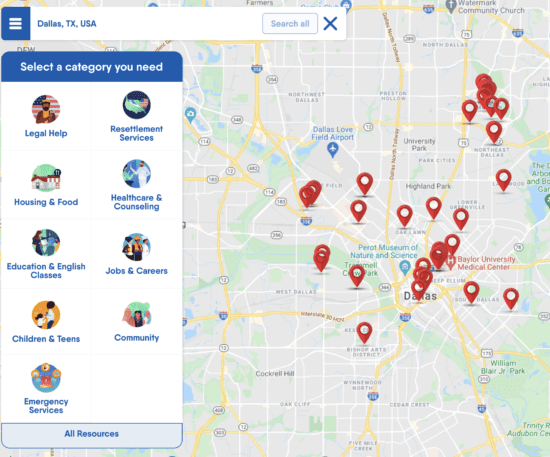
خپل ځان ته نږدې مرسته ومومئ
قانوني مرسته، د انګلیسي ژبې ټولګي، روغتیایي کلینیکونه، د هیستوګنځاې اړوند مرسته، او داسې نور شیان ومومئ. په FindHello اپلیکیشن کې په متحده ایالاتو کې د کډوالو لپاره سیمه ایزه نقشه او د خدماتو لیست لپاره لټون وکړئ.

